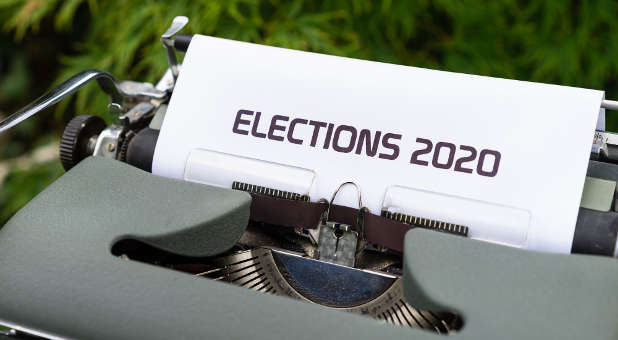The Colorado legislature passed and sent to the governor on Wednesday a bill to establish what would be the first tax ever collected on commercial sales of marijuana purchased for recreational use in the United States.
The measure, which would impose a 15 percent excise tax plus a 10 percent statewide sales tax on retail pot purchases, was approved as part of a package of measures to implement Colorado’s landmark marijuana legalization law enacted by voters last November.
Democratic Governor John Hickenlooper was expected to sign the legislation.
Supporters of the measures hailed the work of lawmakers in crafting legislation to carry out the will of the voters.
“The passage of these bills marks a major milestone toward the creation of the world’s first legal, regulated, and taxed marijuana market for adults,” said Christian Sederberg, author of the ballot question that voters approved.
The proposed taxes, seen as necessary to support the larger regulatory framework of the system, are still subject to a ballot referendum under a Colorado law requiring all new taxes be approved directly by voters.
A survey commissioned by the Marijuana Policy Project, and conducted last month by North Carolina-based Public Policy Polling, found that 77 percent of the 900 registered Colorado voters polled favored the proposed taxes.
In November, voters passed a constitutional amendment making Colorado one of just two states – the other was Washington – legalizing possession, cultivation and use of marijuana by adults for recreational purposes for the first time.
In Colorado, 53 percent of the voters supported legalization of pot, versus 47 percent who opposed it.
The outcomes in Colorado and Washington, already among nearly 20 states with laws on the books legalizing marijuana for medical use, put both states in further conflict with the federal government, which classifies cannabis as an illegal narcotic.
Jeff Dorschner, spokesman for the U.S. Attorney’s Office in Denver, said in a statement following the legislative action that federal authorities were monitoring the pot legalization movement.
“The Department of Justice is taking into consideration all aspects of this issue in both Colorado and Washington as part of its decision-making process regarding what response the federal government should have to the legalization initiatives in the two states,” he said.
School Funding
Under Colorado’s new marijuana law, personal possession of up to an ounce (28 grams) of marijuana is legal for anyone at least 21 years of age. Personal cultivation of cannabis is limited to six plants per person.
The statute also called for cannabis to be legally sold and taxed at private, state-licensed stores modeled after a regime many states have in place for alcohol sales.
Implementing legislation passed on Wednesday would give private dispensaries already in operation for distribution of medical marijuana first crack at the new retail sales licenses.
How much revenue the taxes, if enacted, would generate is unclear. But under the ballot measure passed by voters in November, the first $40 million raised would be earmarked for public school capital projects.
Washington state’s voter-approved marijuana measure came with a built-in taxing scheme that will not be put into effect until the larger regulatory system is devised by that state’s Liquor Control Board.
Approval of the tax and regulatory package in Colorado by the state House of Representatives and state Senate, both controlled by Democrats, came on the final day of the legislative session in Denver.
Colorado Attorney General John Suthers, a Republican who opposes pot legalization, issued a statement saying he was “relieved” that the legislature at least passed a legal blood-level limit for driving.
On Tuesday, lawmakers passed a driving-while-stoned bill that set a 5-nanogram-per-milliliter threshold for tetrahydrocannabinol, the active ingredient in marijuana.
“It is difficult to do a good job of implementing bad public policy,” he said.
Critics of legalization say the social harms of marijuana – from anticipated declines in economic productivity to a rise in traffic and workplace accidents – would trump any benefits.
In addition to potential tax revenues, backers of legalization say anti-pot enforcement has accomplished little but to penalize otherwise law-abiding citizens, especially minorities.
They also argue that ending pot possession prosecution frees up strained law enforcement resources and strikes a blow against drug cartels, much as repealing alcohol prohibition in the 1930s crushed bootlegging by organized crime.
© 2013 Thomson Reuters. All rights reserved.
See an error in this article?
To contact us or to submit an article





















